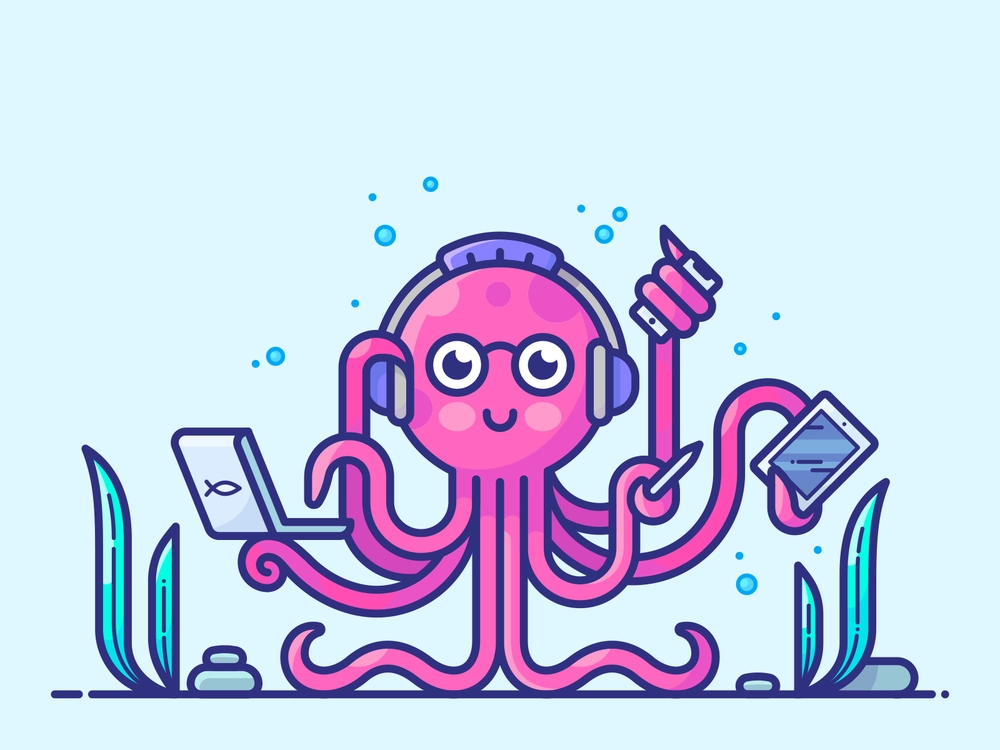Bias for Finishing

At Percona, there’s a habit where the most important task is the one closest to being completed. This means if I’m working on a feature and get a request to review a co-worker’s code, that review becomes more important than whatever I’m working on (all things being equal). I like how this accentuates the idea of not just “teamwork” but finishing what you started. I call it bias for finishing, named after Amazon’s bias for action.
I used to pride in being an amazing multi-tasker, and folks will wonder how I was seemingly able to juggle a bunch of things in short intervals. Over time, I realized I was barely “uni-tasking”, not to talk of “multi”. Yes, I opened a textbook and hacked on a little programming project - but none of them got to desired ends. I will read the first few pages of a chapter, and hop to my editor to debug a problem, then jump to Whatsapp to catch up with a message. Even worse, I wasn’t enjoying any of these because there wasn’t an immersion.
More recently, I’ve been trying to go through life with a bias for finishing. Usually, this means breaking down things I’m supposed to do into subtasks of subtasks and finishing them before moving to the next. It also means saying NOs and LATERs more often to things and people than I thought was possible. Gradually, I’m feeling a lot more efficient and in tune with the things I’m doing since I give them more time for the flow to settle in.
I realize that multitasking means different things in different contexts e.g between switching between multiple browser tabs or taking an O-SPAN assessment. As a result, there are times when I don’t mind trading off the efficiency. For example, I could catch up with emails while my code is compiling (even though it means I won’t know the exact time the compilation is done). I think that is okay though, especially for things that require less focus. On the other end are things, say driving, that require significant focus and you absolutely don’t want to half-ass that (other humans don’t want that either).
Focusing on the thing at hand minimizes the cost of context-switching, but more importantly for me, it provides some sort of equanimity for the current chaos I get to deal with.
PS: Thanks to Alex Kunchevsky for letting me use his illustration.